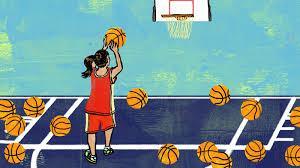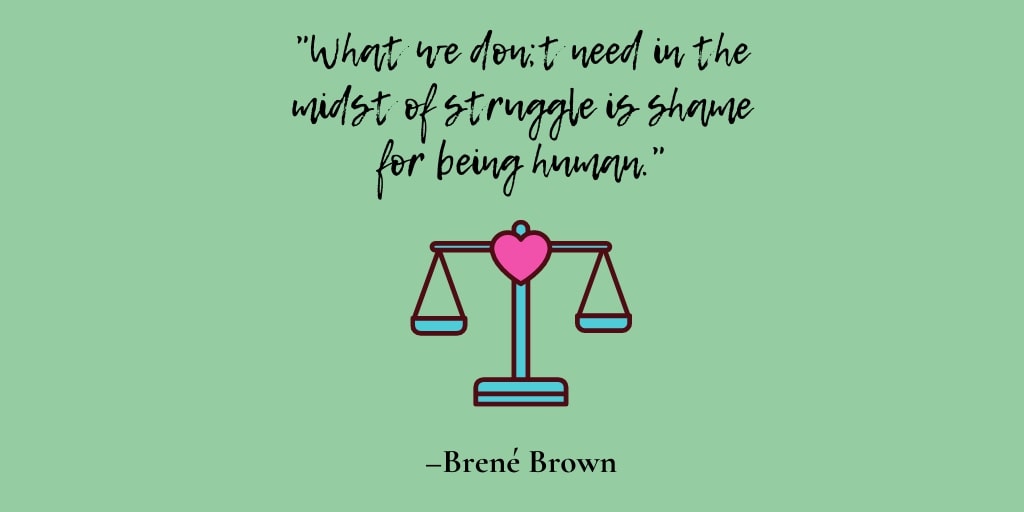Written by Shiksha Jain | Reviewed By John Victor | Updated On September 3, 2022

Listen to this article in Audio
GRIT, a term which many of us may not have heard but know and understand quite properly. The meaning of the word Grit is 'passion and perseverance for long-term and meaningful goals.' It is the ability to persist in something you feel passionate about and persevere when you face obstacles.
Grit isn’t talent. Grit isn’t luck. Grit isn’t how intensely, for the moment, you want something but your dedication to achieve and excel it.
The term grit was coined by Angela Duckworth.
Duckworth identified 3 major characteristics of Grit:
Characteristics that Gritty People Share
(According to Angela Lee Duckworth and Caroline Adams Miller)
The best kind of grit is what Miller calls “authentic grit.” People who have authentic grit tend to be hopeful and optimistic and have genuine self-confidence that’s balanced by a healthy dose of humility, Miller explains.
But there’s also a darker side to grit.
You can become so addicted to the goal of winning at all costs that you take shortcuts and cheat –this is called faux grit.
If you become super disciplined, dedicated and goal-driven but you fail to acknowledge how other people help you and you feel the need to continuously draw attention to your success, that’s what Miller refers to as selfie grit.
If you persistently push yourself to achieve your goal even when it stops being meaningful, that’s what Miller calls stubborn grit.
Role of Grit in Self Development
People with a high level of grit are likely to be enthusiastic about and persistent in pursuing long-term goals. In this process, with a clearer understanding, they are more satisfied with themselves. Meanwhile, researchers also find a strong connection between grit and self-concept. Grit might reflect a particularly strong connection with the self, which in turn enhances self-awareness and self-knowledge and thus contributes to one’s self-concept clarity.
Role of Grit in Mental Health
Gritty people are likely to be less prone to adverse mental health outcomes, due to their propensity to experience obstacles and failures in a positive way. This relation between grit and mental health outcomes was demonstrated in three recent studies, which have all employed path analysis and have documented a negative relationship between grit and mental health outcomes among university students in China, college students with a chronic medical condition in the United States, and high school students in the Philippines.
Role of Grit in Achieving Success
Talent x Effort = Skill
Skill x Effort = Achievement
Grit requires an intrinsic desire to go beyond what can easily be accomplished with talent or skill. This requires a deep sense of purpose because we believe our work is worth it.
A grit mindset never forgets that there are always opportunities to improve, no matter how good you may already be. This way of thinking gives people a leg up when confronted with an obstacle because defeat is never the default.
Research based
Personal Suggestions
Examples of GRITTY people:
1. Akshay Kumar
2. Mary Kom
3. Sardar Vallabhbhai Patel
4. Elon Musk, etc.
.jpg)
Parenting-Kids
6 Helpful Ways To Cope With Working-Mom Guilt | Reevin
Parenting-Kids
Small Steps For Building Parent-Child relationship | Reevin
Parenting-Kids
What is Behind The Feelings of Shame?
Parenting-Kids
How To Deal With Impending Mental Health Crisis?